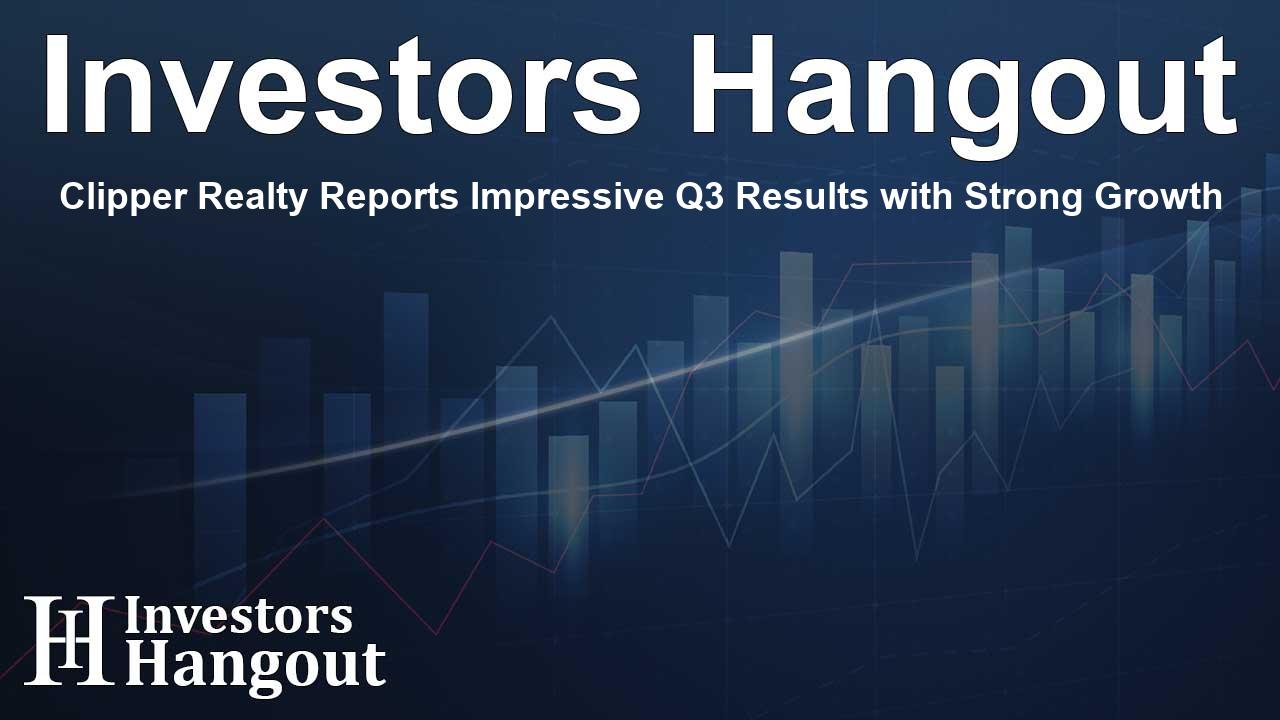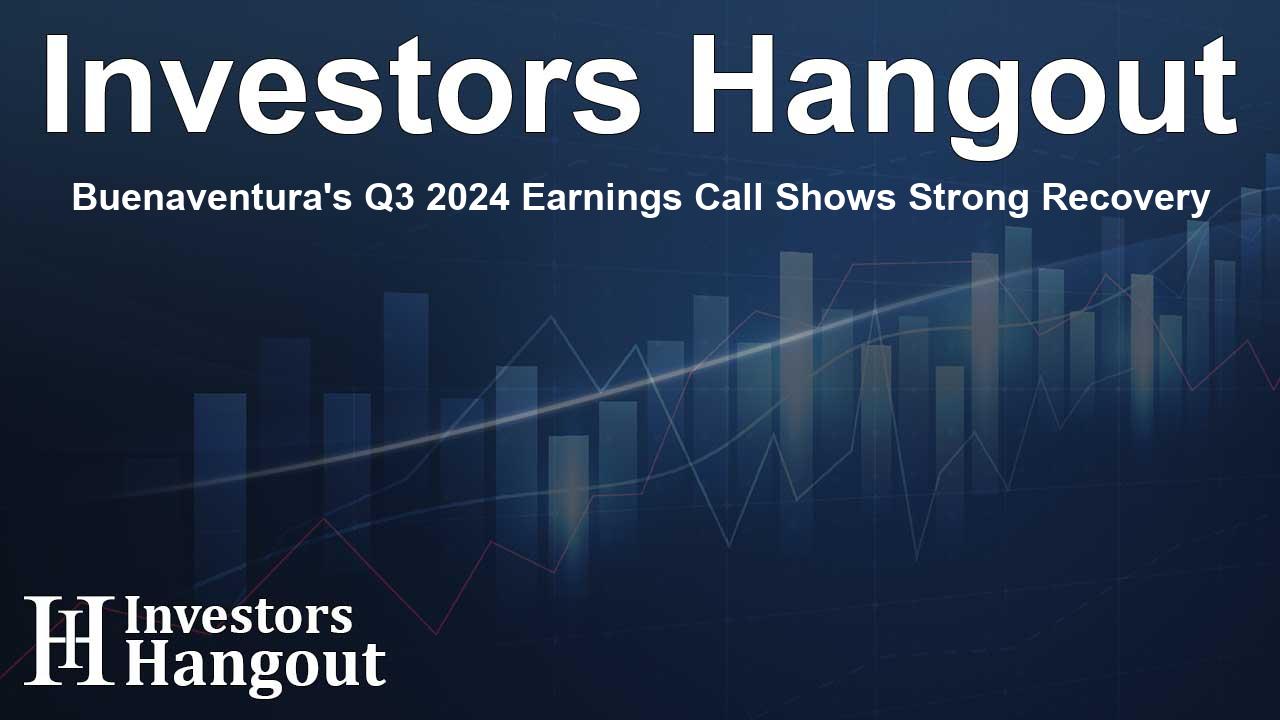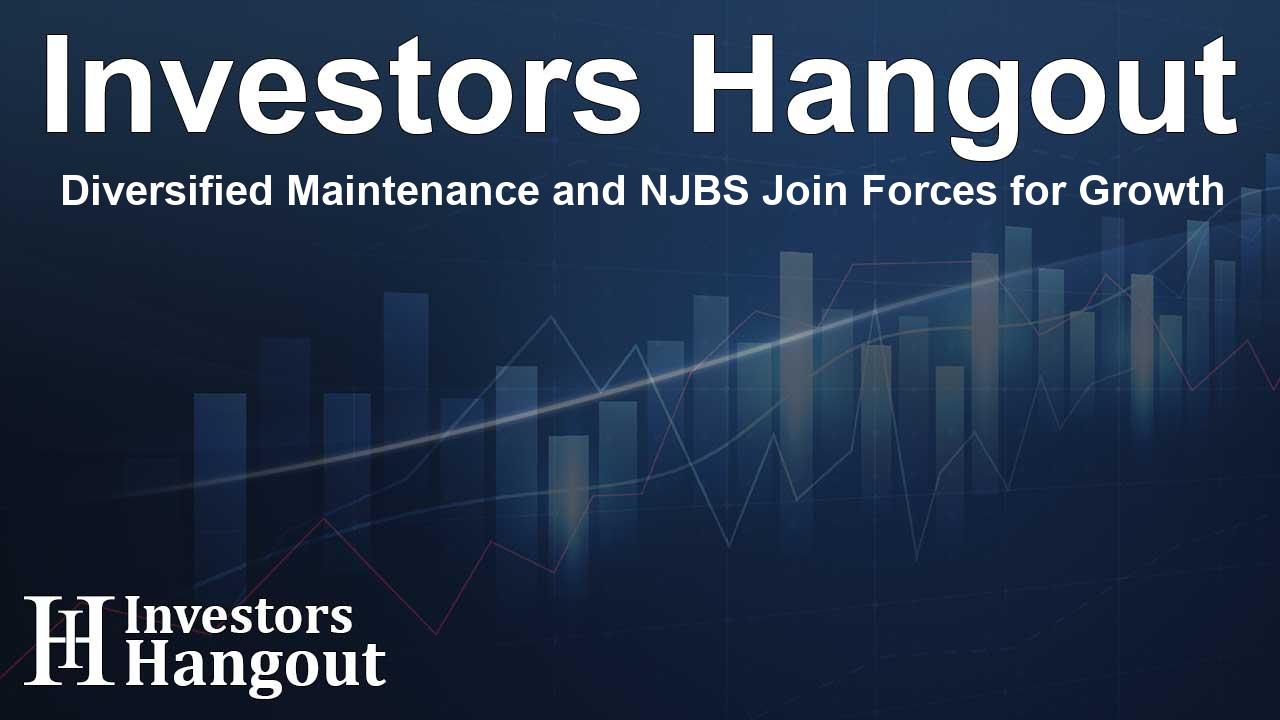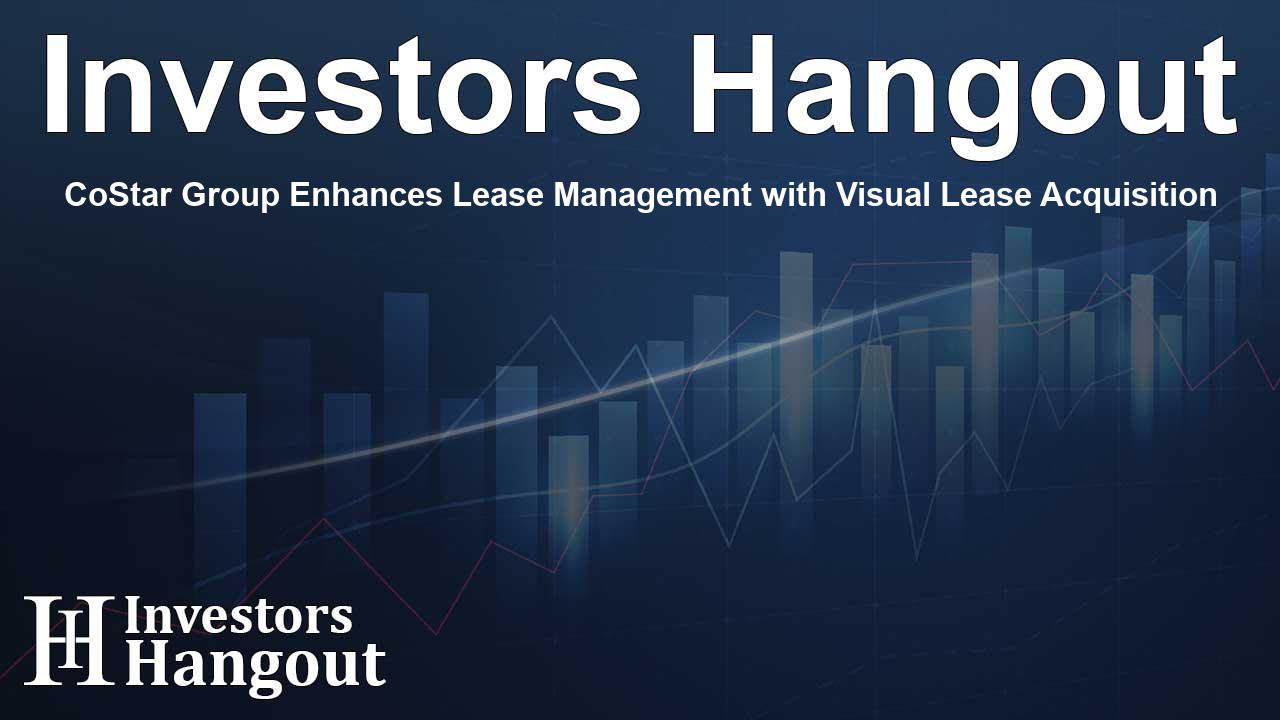Rithm Capital's Strategic Transition towards Fee-Based Model

Understanding Rithm Capital's New Directions
Rithm Capital Corp. (NYSE:RITM) is in the midst of a transformative journey, steering towards a fee-based, capital-light business model within the alternative investment management sector. This article will delve into the recent movements, strategic choices, and market dynamics affecting Rithm Capital, highlighting how these changes may unfold for the company's future.
Shifting Business Model
The shift towards a fee-based, capital-light model is a significant turning point for Rithm Capital Corp. This transformation is praised by industry analysts who view it as a strategic step aimed at establishing a more sustainable revenue framework. By aligning more closely with established practices within alternative investment managers, Rithm is poised to explore diverse revenue opportunities and enhance its growth trajectory.
The changes in Rithm’s operational approach come at a time when the financial services landscape is notably evolving. Many firms are pivoting to diversify income sources and lessen reliance on capital-intensive operations, a strategy that Rithm Capital is now adopting enthusiastically.
Evaluating Financial Performance
Recent financial reports from Rithm Capital have sparked considerable interest among analysts. For instance, the latest quarterly results indicated a performance that meets or slightly surpasses expectations. While frequent updates on specific line items were not detailed, the overall market sentiment remains broadly positive.
As Rithm positions itself in this fee-based structure, analysts believe it will eventually yield a more stable and predictable revenue profile. However, some analysts also forecast income variability from asset management channels, particularly within Rithm’s subsidiary operations, which may create short-term fluctuations.
Key Strategic Initiatives
One prominent strategic initiative under consideration is Rithm Capital's upcoming acquisition of SLS, which analysts regard as pivotal for the company's future valuations. This acquisition is crucial and its expectation affects how analysts project Rithm's growth potential.
Moreover, Rithm Capital's asset management operations will be central to its long-term strategy. Although the income generated during the initial transformation might display some inconsistencies, these sectors are deemed vital for increasing revenue diversity and stabilizing the company's market position.
Focus on the Newrez Business
A notable highlight is Rithm Capital's plan regarding its Newrez business, with indications of a potential public listing or spin-off. Management has stated that any progression in this area will be made with shareholder interests at the forefront. This move has captured the attention of investors anticipating positive outcomes.
The Newrez segment, which specializes in mortgage originations and servicing, recently held its first investor event, showcasing its growth potential. Insights shared from management emphasized the role Newrez will play in Rithm's overarching strategy, especially as it represents the fourth-largest non-bank mortgage servicing rights holder in the nation.
Rithm's Market Positioning
Positioned as the fourth-largest owner of non-bank MSR in the United States, Rithm Capital boasts a robust standing in the mortgage servicing sector. This strong market presence is critical as Rithm navigates its ongoing business model evolution, including exploring significant corporate actions like the Newrez spin-off.
By pivoting towards alternative investment management, Rithm aims to broaden its profitability horizons and strengthen its competitive edge within a rapidly changing financial services environment. This strategic evolution can unlock lasting value creation opportunities on multiple fronts.
Addressing Potential Risks
How does variable income affect stability in the new structure?
As Rithm Capital shifts from traditional revenue sources to a fee-based model, it faces challenges that include potential income variability, particularly affecting asset management outputs. This unpredictability may yield financial stability concerns as investors grapple with quarter-over-quarter income fluctuations.
What are the intrinsic risks associated with this transition?
Transitioning to a new business framework poses risks such as disruptions in existing revenue streams and transitioning operational capabilities. The process requires substantial adjustments in corporate structure, possibly leading to execution difficulties that could defer advantages anticipated from the new model.
Exploring Upside Potential
Could spinning off Newrez result in shareholder value?
A spin-off of the Newrez business could significantly enhance shareholder value by allowing the market to identify its worth accurately. This separation is likely to maximize valuation as both entities could focus on their specific market segments and growth strategies.
What opportunities are emerging in Rithm's new ventures?
With the shift towards alternative asset management, Rithm Capital is encouraged to explore various growth avenues. The rising trend of alternative investments offers new investor pools, and Rithm's existing strengths could lead to innovative products and increased assets under management. This transition may further stabilize revenue streams, potentially yielding a higher valuation for investors.
SWOT Summary
Strengths: Transitioning to a fee-based model, robust market position, diversified revenue streams.
Weaknesses: Income variability, potential execution risks, disruption during transition.
Opportunities: Growth in the alternative asset space, potential shareholder benefits from Newrez actions, expanded product offerings.
Threats: Competitive market dynamics, regulatory shifts, economic factors affecting performance.
Analyst Projections
- RBC Capital Markets: $13.00
- Keefe, Bruyette & Woods: $12.50
- RBC Capital Markets: $13.00
- RBC Capital Markets: $12.00
This insight analyzes Rithm Capital's strategic shift and its implications as of September 30, 2024.
Frequently Asked Questions
What is the business model of Rithm Capital?
Rithm Capital is shifting to a fee-based, capital-light business model aimed at increasing sustainability and profitability.
What are the expected financial impacts of this transition?
The transition is anticipated to lead to more stable revenue streams, although some income variability may persist initially.
How significant is the Newrez business to Rithm Capital?
Newrez is crucial as a major asset for Rithm, representing a substantial market position and potential for greater corporate valuation.
What risks are associated with Rithm's business model change?
Risks include income instability, execution challenges, and potential disruptions in existing revenue channels.
How might analysts perceive the future of Rithm Capital?
Analysts remain positive, emphasizing potential growth opportunities stemming from its strategic transition and market enhancements.
About Investors Hangout
Investors Hangout is a leading online stock forum for financial discussion and learning, offering a wide range of free tools and resources. It draws in traders of all levels, who exchange market knowledge, investigate trading tactics, and keep an eye on industry developments in real time. Featuring financial articles, stock message boards, quotes, charts, company profiles, and live news updates. Through cooperative learning and a wealth of informational resources, it helps users from novices creating their first portfolios to experts honing their techniques. Join Investors Hangout today: https://investorshangout.com/
Disclaimer: The content of this article is solely for general informational purposes only; it does not represent legal, financial, or investment advice. Investors Hangout does not offer financial advice; the author is not a licensed financial advisor. Consult a qualified advisor before making any financial or investment decisions based on this article. The author's interpretation of publicly available data shapes the opinions presented here; as a result, they should not be taken as advice to purchase, sell, or hold any securities mentioned or any other investments. The author does not guarantee the accuracy, completeness, or timeliness of any material, providing it "as is." Information and market conditions may change; past performance is not indicative of future outcomes. If any of the material offered here is inaccurate, please contact us for corrections.









